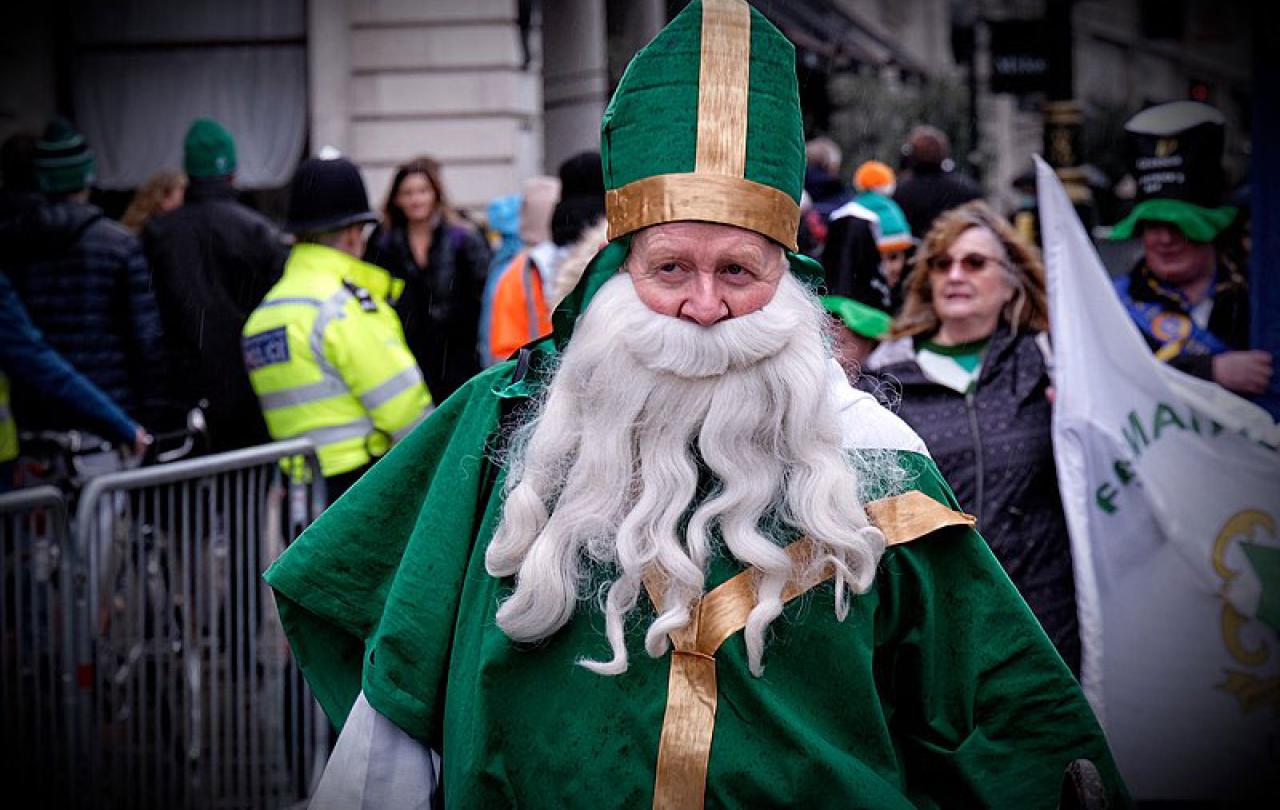
It has been a year since the widespread protests across Iran sparked by the death of Mahsa Amini. The courageous 22-year-old was killed in prison for refusing to wear the hijab headscarf. To mark the anniversary of her death the Iranian government issued new legislation increasing the punishment to women who are deemed “inappropriately dressed” from a previous punishment of 10 days in prison to a maximum 10-year incarceration sentence.
According to the World Economic Forum, Iran is ranked 140 out of 144 countries in the area of gender equality. Iran’s current leadership suppresses not just the clothing of women but their voices, skills, perspectives and decisions too. Women choosing to forego the hijab had previously been a way to peacefully push back on the inequality they are facing. This symbolism of resistance is now not only forbidden, but criminal. Even business owners who serve women who are not wearing the hijab are liable for prosecution under the new laws.
As a father of three daughters, I find Iran’s new laws deeply disturbing. I cannot even imagine the desperation of Amjad Amini, Mahsa’s father, who this week was put in prison in an attempt to short-circuit any protests of his daughter’s death. He faces not just the trauma of the state murder of his daughter, the risk to his own life and the inability to grieve in peace, but also the devastating consequence of her death on 49 million other women in Iran with the tightening of the very laws his daughter was protesting against.
It could learn a lot from Jesus who went out of his way to welcome those that others looked down on.
As a Christian I find these oppressive laws deeply troubling too. One of the most revolutionary marks of the Christian faith is that it recognises the absolute equality and intrinsic value of all human beings. No matter what our age or race or gender or sexuality or nationality or ability or immigration status or political persuasion or faith, all are made in the image of God. I believe it is therefore an essential element of my faith to speak up for the rights of my fellow human beings, particularly when they are being marginalised, tyrannised, dehumanised or disempowered.
This means the oppression of Muslim women in the Middle East matters to me. Although we come from different cultures, live on different continents and hold different views about God and how to worship him, I believe we are connected by our common humanity.
Sadly, our common humanity is not always recognised either by Christians or those outside of the church. The church in the UK has too often been guilty as charged for misogynist, homophobic and racist attitudes. It could learn a lot from Jesus who went out of his way to welcome those that others looked down on. He was not afraid to face criticism for spending time with those the religious folk of the time had traditionally mistreated. It is time for the church to follow his example and take a lead in treating everyone with compassion and in standing up for the basic human rights of women, those in the LGBT community, and those from other countries.
Our common humanity is becoming overlooked too in our polarised world as it further divides over identity politics. There is a developing norm to focus less on the things that unite us and more on what differentiates us. Our latest culture wars are pitting women’s rights against trans rights, telling us that the rights of black people are opposed to the rights of white people, or that the rights of immigrants are at odds with the rights of settled passport-holders. But that is not the way things have to be or should be.
I believe that the opposite is true: that the world can be better for all of us, that there is strength in solidarity, that diversity is genuinely good for everyone.
This is why I recently turned up at a campaign calling for the rights of Afghan women and girls to be respected, why I publicly advocate for refugees and care-experienced young people, and why I insisted on greater representation of the LGBT community in my work with government. This is why I offer race and faith literacy training to government bodies, churches and businesses. This is why I have opened up my home to foster children and refugee families. This is why I set up my charity, Sanctuary Foundation, to advocate for those who do not feel safe in their own country. This is why I call the church to action and compassion for all whose rights have been taken away or are being eroded. This is why, in as far as it depends on me, I will champion equality for all.
And this is why I will continue to be calling on the government to open safe and legal routes for all those who are being oppressed and persecuted in the countries where they live. I would like the government to offer our country as sanctuary to women from Iran whose lives are endangered, whose human rights are being denied. I would like our country to offer asylum and hospitality to those who have had to flee Iran after daring to challenge the brutality of the current regime. I would like our churches to lead the way in warmly welcoming all those from Iran and anywhere else who have never experienced unconditional love and acceptance.





